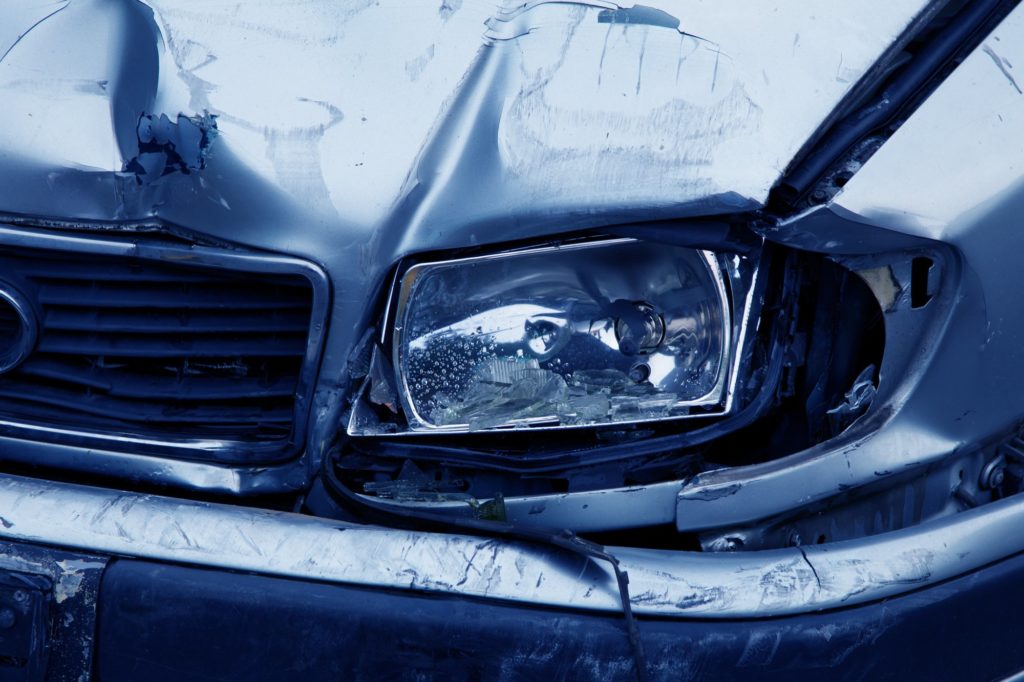Owning a car is a great convenience until the dreaded specter of car repairs comes to ruin your wallet. Then your fear of how much longer your car is worth it starts to pop into your head.
There are many car repairs that are a common problem. Almost every car owner may face one of these ten problems sometimes in their car's life.
Lucky for you, not all of them are bad. Knowing what you could face and when is a great safeguard, so read on below to learn what to expect from your future car troubles.

1. Oxygen Sensor Replacement
This kind of trouble can be very common for older models of cars. The oxygen sensor is a vital component of your car's exhaust system. It detects uncombusted oxygen in your exhaust.
This broken piece can ruin the efficiency of your car. It can also have trouble with idling, causing your car to jerk and shake at a steady throttle. Overall, this is bad for your fuel consumption.
The expense for this is moderate, ranging at around $250.
2. Wiper Blades Replacement
Most people would not rate this as a major car expense, but it is common. During a rainy season, it can also be disastrous.
The lucky part is that they can be very cheap and simple to replace if you only need to replace the blades. You can do it yourself, but a mechanic or auto parts store will often put them on for free.
If the wiper blades system doesn't activate at all, you may have a larger problem. Until then, the expense is minor.
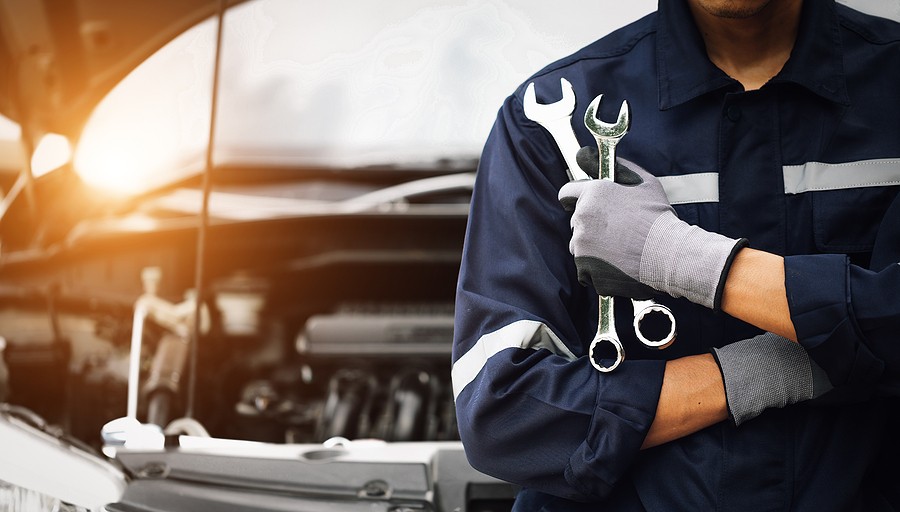
3. The Loose Fuel Cap
Now, this may feel silly. A loose fuel cap isn't even a guaranteed problem, so why is it on the list? Because almost half the time a check engine light comes on, it is only a loose fuel cap. This is even more true in new cars.
If you are uncertain of where the fuel cap is or how to tell if it is tight enough, then you may want to double-check with a mechanic. This can add a bit of expense, but it will be a lot less than an actual problem.
If there is an actual problem, checking early may prevent it from being too big of an issue. Preventative measures are always good.
4. Replacing Air Filters
On a more serious note, air filters can be a simple but hazardous repair case. The air filter keeps your engine running with a balanced air to fuel ratio. Without this, your engine can misfire.
This can damage all sorts of areas in your car, turning a single moment into a chain reaction of damage.
Regular checks on your air filter can help to spot when it needs a replacement. Contaminated air filters can be a moderate expense, but ignoring them can be a major one.
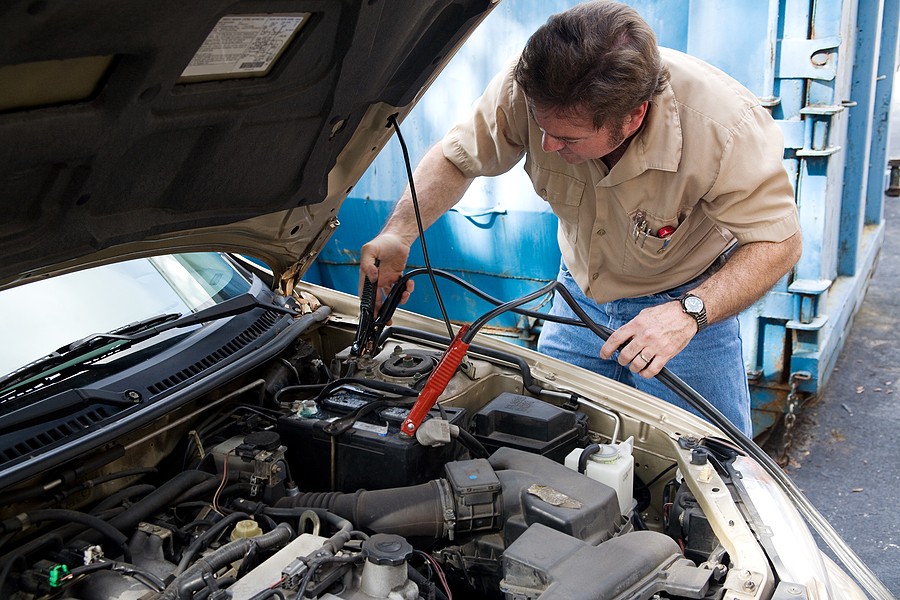
5. Ignition Coils and Spark Plugs
As a car wears down and gets old, two related pieces can often wear down together. The ignition coils and spark plugs are two big repair targets for older cars.
The pair are the focal point for starting your car, giving that initial spark to ignition to get the engine running. A lack of spark can mean the car doesn't start, a spark misfire can cause major damage.
Always make sure you have a trusted mechanic look at and replace your spark plugs. The cost can be moderate, often up to $400 for both, but can save you thousands in potential trouble.
6. Brake Pads and Brake Work
A top priority for car maintenance, the brake system can add up to a wide range of issues, all of which can cause a huge accident if not dealt with soon.
Brake issues are often an easy thing to catch, as any difference in brake efficiency can spell out a hint at trouble going forward. Not all brake troubles are big.
Brake pads are an item that will wear out as you use them. Replacing them will be routine maintenance. If your brakes are having issues between brake pad changes, you need to consult a trusted mechanic fast.
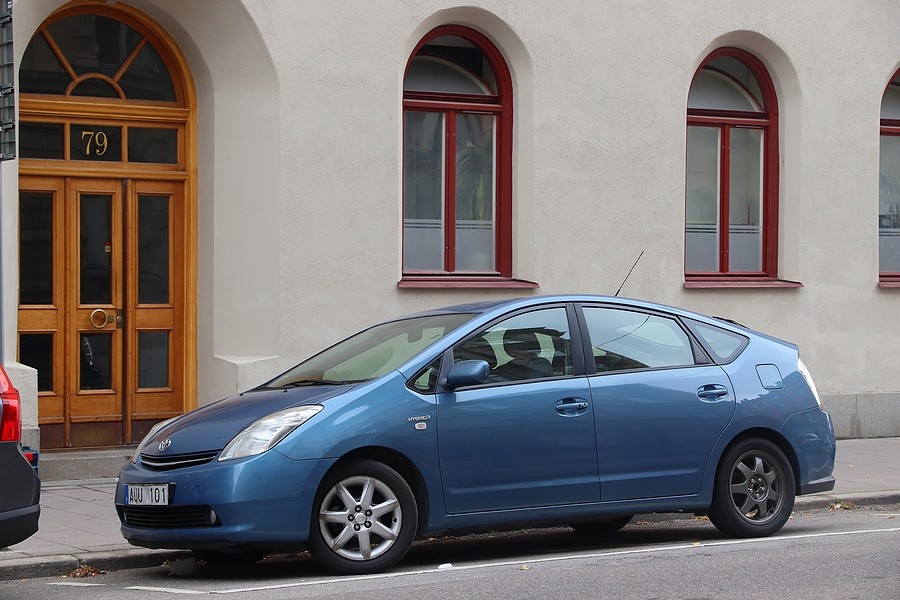
7. Battery Replacement
The battery is often what people consider when they think of major routine expenses for your car. It shouldn't be frequent, but dealing with battery repair will often come in a car's lifetime and it isn't the cheapest fix.
While batteries cannot last forever, there are a few ways you can keep it healthy as long as you can. When you can't control all the ways your car may break down, it is nice to take a few measures to help prevent other damages.
8. The EVAP Purge System
Your EVAP, or evaporative emissions control system purge control valve, traps gas vapors in your fuel tank and feeds it back into the system. This helps reduce emissions and increases your mileage.
The purge system, also called a solenoid, is a helpful item to keeping your car efficient.
While a car can run without one, it is a big part of keeping your car legal and friendly to the environment.
9. Tire Changes
Tires the focal point of a lot of car expenses and for various reasons. Whether you hit a bad part of road and popped a tire or the tread got too thin to be safe, tires don't last forever.
Tire pressure can also be an overlooked problem in tires. A tiny hole can make your tires leak air. When they aren't full, they can ruin your gas mileage and even damage other parts of your car.
10. Wheel Alignment
After a long while on the road, an older car may have a bit of drifting to a certain direction. This is when your wheels are not aligned in a proper manner.
This can be an easy fix but will be a frequent treatment. Many mechanics offer it in addition to oil changes.
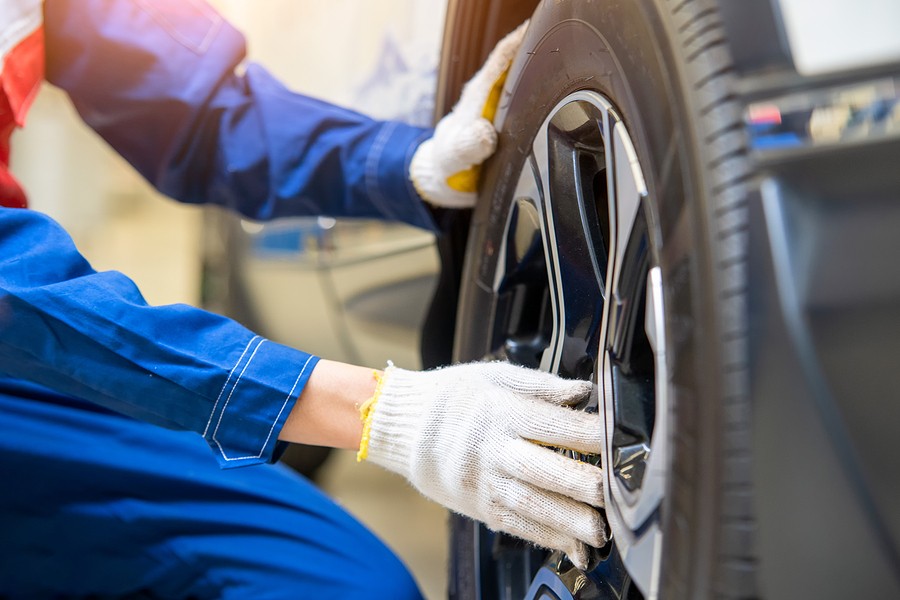
Car Repairs Vs. Junking
The expense of car repairs can be painful. Some of these can break a budget for those living on a limited income. It is the sad truth of trying to afford a car.
If your car is on its last legs and a nasty repair bill will hit you too hard for what the car is worth, you may consider junking the car to get the most out of it.
Getting the Most From Your Car
Settling car repairs isn't the highlight of car ownership, but it is an expense you need to take into account. A car that has repeated problems and a lot of older pieces may not have the value you wanted.
If you've ever had an interest in what your car is worth, we here at Cash Cars Buyer can give you a proper estimate. Contact us today for more information!

